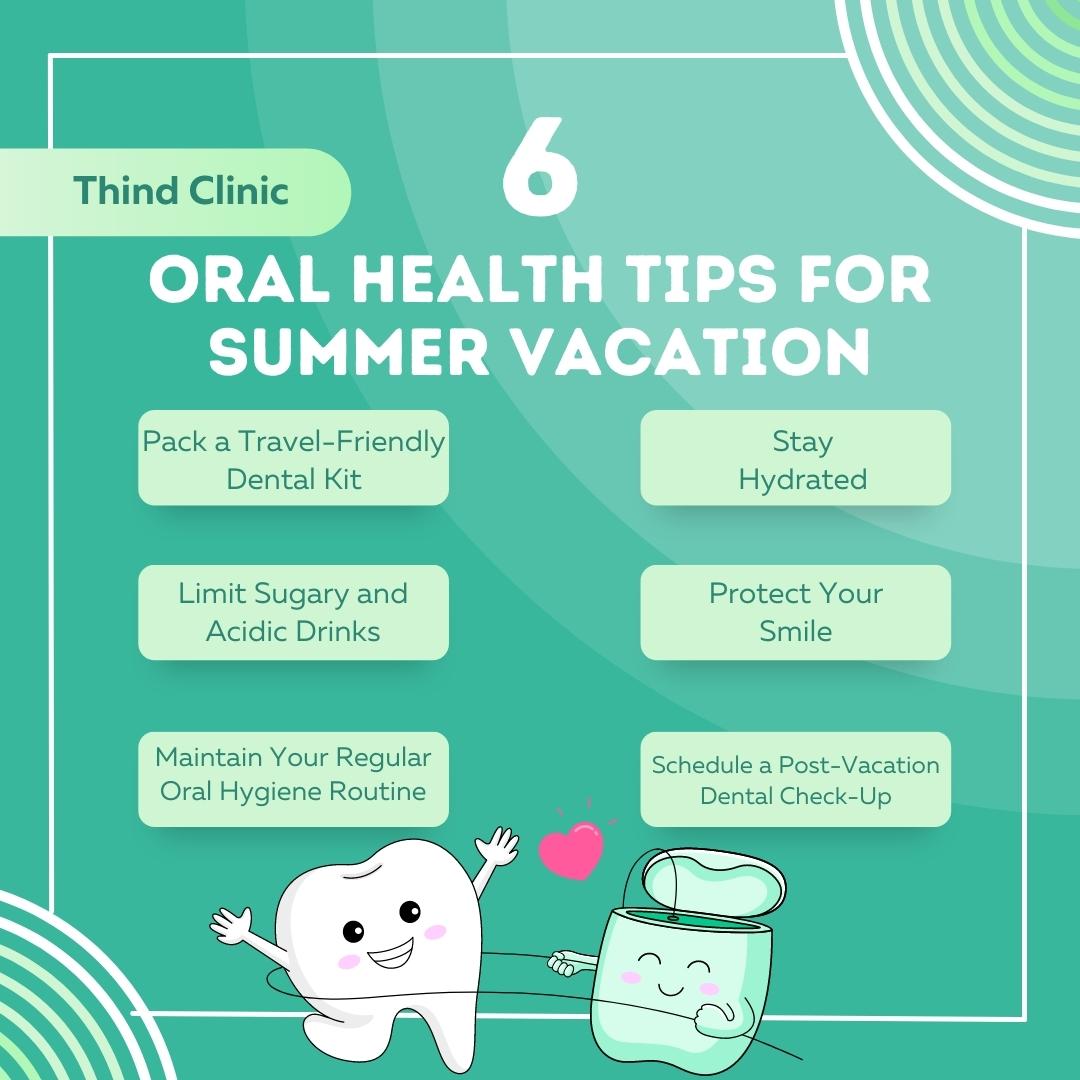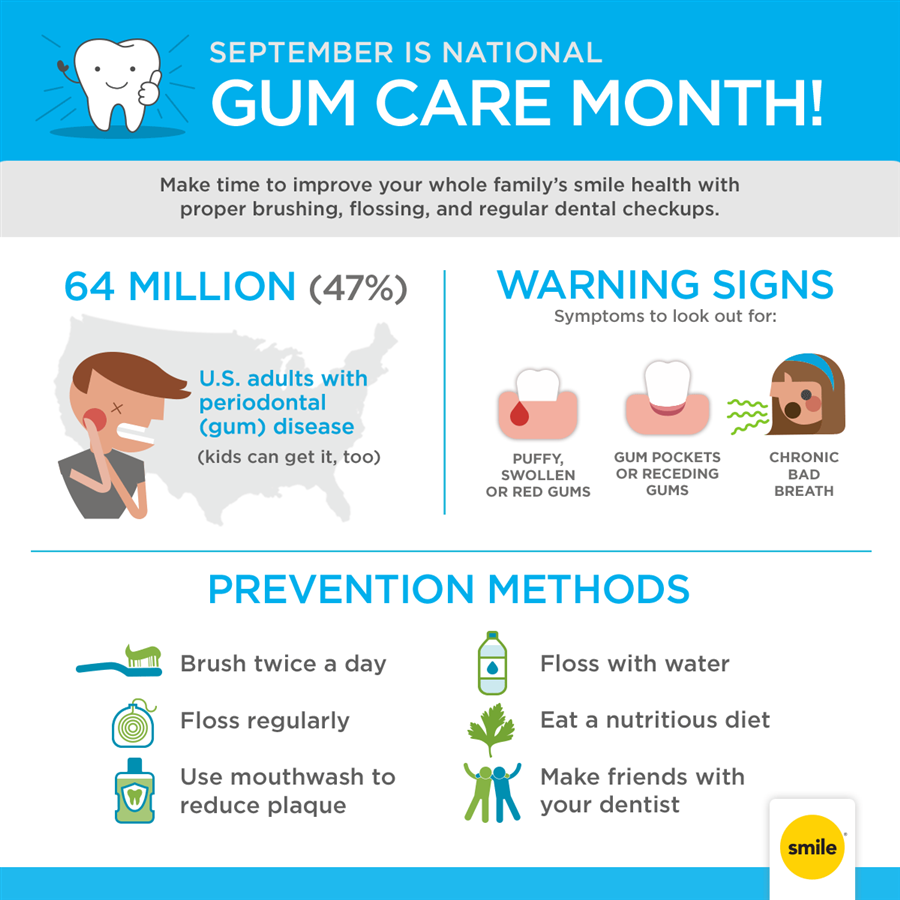
Essential Gum Care Tips for Healthy Smiles
Maintaining optimal gum health is crucial for an overall healthy smile. Explore these essential gum care tips to ensure your gums stay in top condition, promoting not only dental well-being but also contributing to your overall health.
1. Consistent Oral Hygiene: The Foundation of Gum Health
A consistent oral hygiene routine is paramount for healthy gums. Brush your teeth twice a day using a soft-bristled toothbrush and fluoride toothpaste. Don’t forget to gently brush your gums to remove plaque and stimulate circulation. Flossing is equally important for removing debris between teeth and along the gumline.
2. Gentle Brushing Techniques: Caring for Delicate Gums
While brushing is crucial, the technique matters. Use gentle, circular motions to clean teeth and gums. Avoid aggressive brushing, as it can irritate and damage the delicate gum tissue. A gentle approach ensures effective cleaning without compromising the health of your gums.
3. Choose the Right Oral Care Products: Gum-Friendly Options
Selecting the right oral care products can significantly impact gum health. Opt for a soft-bristled toothbrush to avoid abrasion, and choose a fluoride toothpaste with antibacterial properties. Incorporating an antiseptic or fluoride mouthwash into your routine can provide an additional layer of protection for your gums.
4. Regular Dental Check-ups: Professional Gum Care
Regular dental check-ups are crucial for monitoring and maintaining gum health. Professional cleanings remove plaque and tartar buildup that regular brushing and flossing may miss. Additionally, your dentist can identify early signs of gum disease and provide preventive measures to keep your gums in optimal condition.
5. Mindful Nutrition: Supporting Gum Health from Within
Nutrition plays a role in overall oral health, including the well-being of your gums. A balanced diet with sufficient vitamins and minerals, especially vitamin C, contributes to gum health. Foods like fruits, vegetables, and dairy products provide essential nutrients for strong and healthy gums.
6. Hydration for Gum Well-being: Water as a Protector
Staying hydrated is beneficial not only for your body but also for your gums. Drinking water helps flush away bacteria and food particles that can contribute to gum disease. Make water your beverage of choice to promote gum well-being and overall oral hygiene.
7. Tobacco-Free Lifestyle: A Key to Healthy Gums
Tobacco use is a significant risk factor for gum disease. Smoking and using tobacco products can lead to inflammation, gum recession, and a higher risk of infections. Quitting tobacco is a vital step in promoting healthy gums and reducing the risk of gum-related issues.
8. Addressing Teeth Grinding: Protecting Gums at Night
Teeth grinding, or bruxism, can harm both teeth and gums. If you grind your teeth, especially at night, consider using a mouthguard to protect your teeth and gums from excessive pressure. Addressing bruxism is essential for maintaining long-term gum health.
9. Stress Management: Impact on Gum Health
Stress can contribute to gum problems such as gingivitis and periodontal disease. Practice stress management techniques, such as meditation or yoga, to reduce the impact of stress on your overall health, including the well-being of your gums.
10. Gum Massages: Promoting Circulation and Health
Massaging your gums can stimulate blood flow and promote gum health. Gently rub your gums with a clean finger or use a soft toothbrush in circular motions. This simple practice enhances circulation, reduces inflammation, and contributes to the overall well-being of your gums.
For additional insights and tips on gum care, consider exploring the resources available at Gum Care Tips. This platform offers valuable information and guidance to support your journey towards healthy gums and a radiant smile. By incorporating these gum care tips into your routine, you can ensure the longevity and well-being of your gums for years to come.



